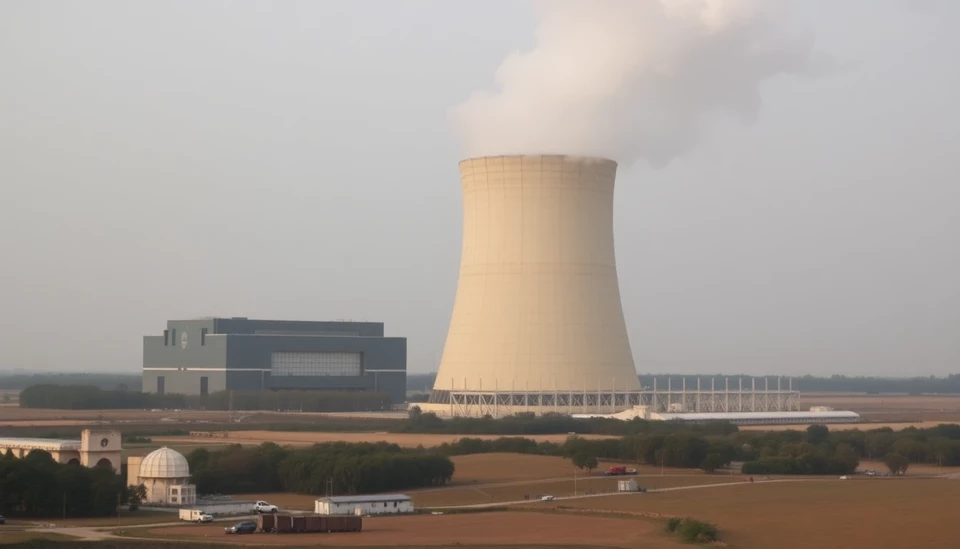
In a bold move aimed at rejuvenating its nuclear energy landscape, India is preparing to amend its nuclear laws to facilitate increased private sector participation in the industry. This strategic shift comes as the country seeks to enhance its energy mix and reduce reliance on fossil fuels, thereby addressing both environmental concerns and energy security.
Under the proposed changes, the Indian government aims to simplify regulatory processes and create a more favorable investment climate for private firms looking to enter the nuclear sector. Currently, India's nuclear energy framework is predominantly dominated by state-owned entities, which has resulted in slow growth and limited innovation within the industry.
India, with its ambitious goal to increase the share of nuclear power in its overall energy mix, recognizes the necessity of attracting private capital to meet rising energy demands. The country intends to boost its nuclear capacity significantly over the coming decades, advancing its target for nuclear power generation to approximately 25% of the total energy requirement by 2040.
Experts have noted that the proposed regulatory changes could provide a much-needed impetus for private investment, leading to enhanced competition and innovation within the nuclear sector. Currently, foreign direct investment in India's nuclear sector has been stifled by a complex regulatory environment and perceived risks associated with the technology.
The amendments are also seen as a response to global trends where countries are increasingly inviting private players to participate in their nuclear programs. By aligning more closely with such international practices, India hopes to attract leading global companies with advanced technologies and expertise.
Moreover, this shift in policy is likely to open doors for collaborative projects between Indian firms and international nuclear technology providers, leading to a transfer of knowledge and skills that could further enhance India's capabilities in the field.
As the government finalizes the details of the legislative amendments, there remains cautious optimism among industry stakeholders. Many are hopeful that these changes will bolster investor confidence and foster a robust nuclear energy framework that supports both economic growth and environmental sustainability.
In summary, India's initiative to revise its nuclear laws marks a significant step forward towards creating a more inclusive and dynamic energy sector. By easing restrictions and welcoming private investment, the nation is setting the stage for a transformative shift in how it harnesses nuclear power moving forward.
As this development unfolds, stakeholders will be closely watching for further announcements and the implications these changes hold for India's energy future.
#India #NuclearEnergy #PrivateInvestment #EnergyPolicy #SustainableEnergy #NuclearRegulations #GreenEnergy
Author: Sophie Bennett




